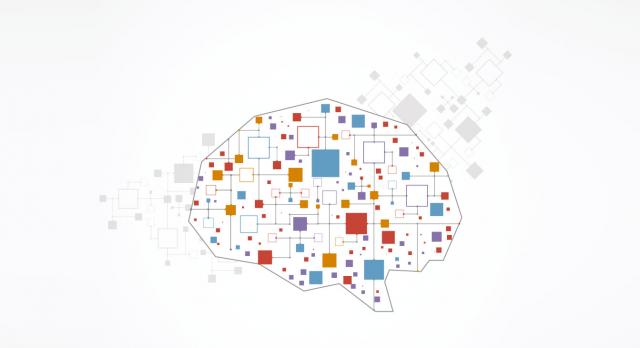Language and other cognitive systems

Language and other cognitive systems
Language processing requires reciprocal and recursive interactions with other cognitive systems. Understanding language involves unravelling the mechanisms and dynamics that allow language to support other cognitive functions and vice versa. In this research line, we investigate language interactions with learning and memory, attention, perception, metacognition and the motor system.
Language is strongly intertwined with memory. Our knowledge and representations of the world (semantic memory) are at the base of language processing. Language also shapes our episodic memories. We investigate interactions between language and semantic and episodic memory. How are episodic memories transformed into semantic memories? To what extent do verbal semantic and episodic memories share the same neural circuitry? How does semantic memory retrieval transiently fail during tip-of-the-tongue experiences? In a series of MRI studies, we investigate these questions seeking to build a precise neurocognitive model of the interactions between verbal semantic and episodic memory. Also, given the influence of sleep on learning and memory consolidation, we study how newly learnt linguistic information is differentially consolidated and whether sleep also clears out information that was activated for particular tasks, but that is not going to be of long-term use.
Attention is an angular cognitive function at the basis of multiple processes, including language function. Research on brain oscillations has underscored their critical role in shaping the flow of linguistic information in cortical networks. Distinct oscillatory frequencies are associated with the direction of this information flow in the brain. Using MEG, we investigate the interactions of top-down and bottom-up cortical signals, which are thought to play a major role in cognitive and perceptual processes, such as language, selective attention, and prediction.
Speech comprehension is also tied to auditory perceptive processes. How music and speech comprehension interact in shaping the harmonic sensitivity of the human auditory regions is still a mystery. We investigate how musical training (perception of sounds) and language proficiency (abstract linguistic knowledge) interact. We investigate how speech is encoded in the neural signals exhibited by musicians with variable levels of formal training and experience in playing an instrument. The goal is to understand if neural speech processing is mainly explained by tracking the acoustics of the auditory signal or if it is driven by abstract knowledge of the perceived language.
Metacognition, the capacity to reflect on one’s own cognition and behavior, can also support language processing. We are studying the role of metacognition in language learning and the potential translational implications of this metacognitive research for educational settings. We are adopting a novel, groundbreaking neurodevelopmental approach to investigate how primary school children’s metacognitive abilities relate to their ability to learn across linguistic and non-linguistic domains. We further analyze how individual differences in metacognition predict academic achievement across different neurodevelopmental samples.
Finally, language function also interacts with the motor system. Using MEG, we investigate if conceptual representations related to action/verb words are rooted in sensorimotor systems. The main objective is to shed light on the links between the motor and language systems and how they can jointly contribute to human communication. The results from these studies can further inform language rehabilitation treatments in neurodegenerative motor disorders, as well as potentially pave the road for intervention programs where motor training is used to improve language performance in applied settings.









